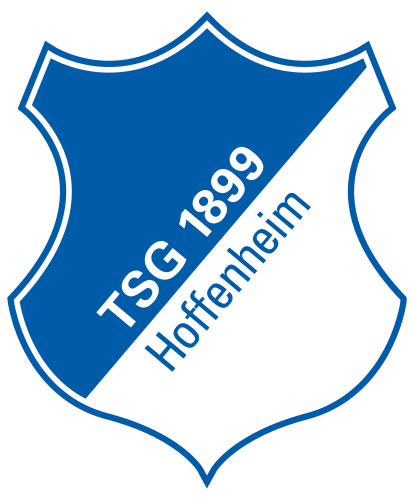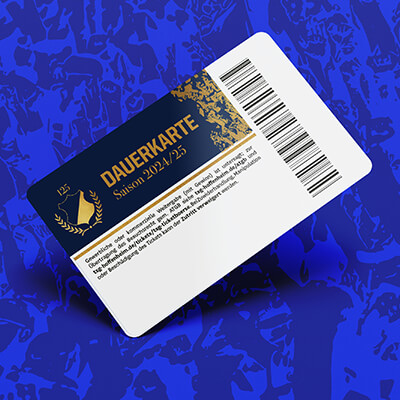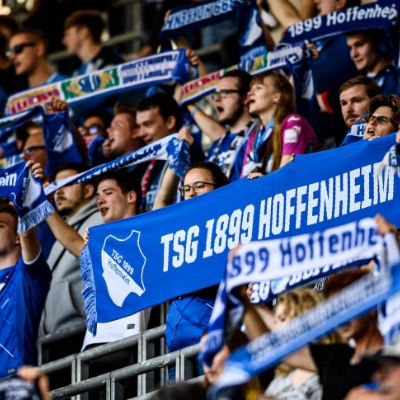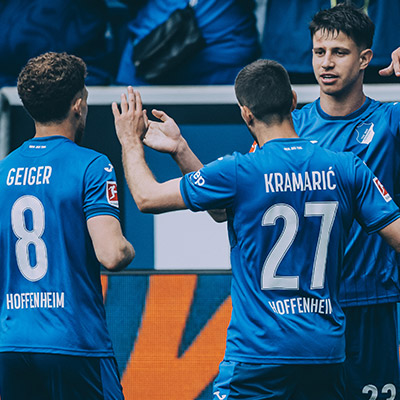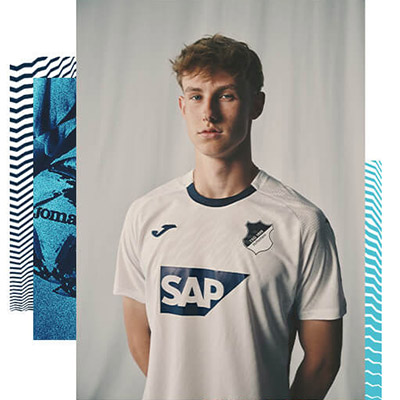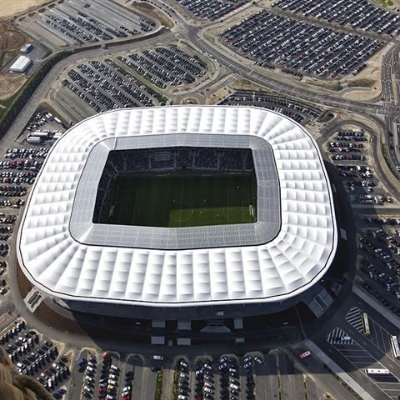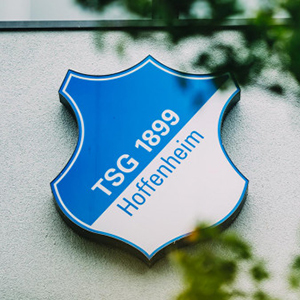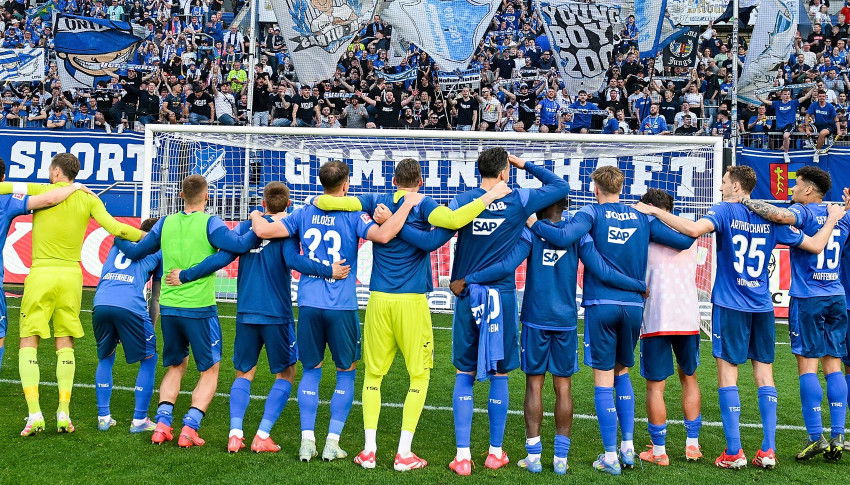What happens at a medical?
If you enter the phrase "football medical" into Internet search engine Google, you return 715,000 results within 0.56 seconds. It is, then, a well-known and frequently-used term – and yet only a very small number of people know what lies behind it. It is very frequently made use of in the world of professional football, and almost constantly during the summer and winter transfer periods. As a result, medicals, without which no transfer at professional level can take place anymore, have been in the news on a daily basis across the last few weeks once again. Dr. Ralph Kern, TSG Hoffenheim's team doctor, is an expert in the field and has already carried out hundreds of medicals. Before going into detail, he makes clear that "the players are thoroughly checked from head to toe". That of course comes nowhere near to a full description of the complicated test, which proceeds in stages so that very different aspects can be examined.
Preparation
Before things really get going, the player's details are noted first. Height and weight are entered, a blood pressure reading is taken and the injury history is noted. After that, the medical is divided into two parts:
Part 1: The internal check-up
During this part, all of the internal parts of the body, especially the organs, have their functions tested. Everything is included here, from the classic blood test through to an endurance test on the (stationary) bicycle (ergometer), during which players must reach their output limit in order to be able to check the functioning of their body when under maximum duress. The main foci of the internal check-up are the heart and kidneys. In TSG Hoffenheim's case, these tests are carried out at the Olympic Centre in Heidelberg.
Part 2: The orthopaedic part
Afterwards, team doctors Dr. Ralph Kern and Dr. Thomas Frölich check primarily all those body parts that can be affected by playing football – such as the knees, the muscular system and tendons. Extra tests will be carried out on the strength of previously injured regions if the player has a long history of injury behind him. These include the functionality of ligaments and joints, the healing of past injuries as well as oxygen absorption capacity. Of special importance is the player's immunisation history. It needs to be have been done in an exemplary manner, and must contain all of the most important jabs.
Stipulations set by the DOSB and the DFL
Clubs are not permitted to carry out medicals as they see fit – the German Olympic Sports Confederation (Deutsche Olympische Sportbund [DOSB]) determines in its regulations how a medical is to proceed at a club. The German Football Association (Deutsche Fußball Liga [DFL] also has written in its Licence Regulations under § 2.4 "that players' fitness to participate in sport must be proven by way of a predetermined medical check-up. This must be carried out annually at the start of a new playing season, and when a transfer is made."
How long does the test last?
There is no generally applicable time information since not all tests are carried out at the same premises. Ralph Kern is, however, able to supply exact data with regard to the medical carried out at TSG Hoffenheim. "The test at the Olympic Centre in Heidelberg lasts three to four hours for each player. The boys are really put through their paces there. Our orthopaedic part normally takes 30 to 45 minutes", says the TSG team doctor. Nonetheless, it can of course be the case that an examination lasts longer, as the former gymnast reveals: "Should a player demonstrate any abnormalities, further checks will be done as part of the process. In that event, there are various procedures such as the taking of X-Rays of the area in question."
What happens where there are abnormalities?
Should something show up during the examination that doesn't meet with the stipulated health requirements, the doctor will get in touch with those responsible at the club. They will then discuss with the doctor whether the transfer can still go ahead or whether the physical problems are too great to allow for the contracting of the player, either because he can no longer be expected to perform at the highest level or because the risk of his getting injured again has been deemed too great. Consequently, the medical is important – for professionals and clubs. Besides examining sporting performance, the medical examination also serves to protect the player. "I always describe our players as racing horses, and we have a number here in the stable at TSG that need to be taken care of accordingly", says Kern.
Are not all professionals super fit and healthy then?
Many think that medicals are only carried out as a matter of course, but there are examples that show that is not the case. Philipp Hosiner was meant to transfer to 1. FC Cologne in January 2015, but the transfer did not go through because the Austrian had not passed his medical. Worse still, during the examination, the doctor on duty discovered a tumour on his left kidney which weighed two kilograms and was malignant. The striker required an operation shortly after in order to have the tumour removed. "The doctors in Cologne have probably saved my life", said Hosiner back then. The story was to have a happy ending, as the striker was able to play football again shortly after the operation. Kern already knew before this particular case how important the medical examination is. "If you discover something during the medical, it is, on the one hand, a bad thing for the player because the transfer to the club won't work out. On the other hand, it's a good thing for him because something has been discovered that he didn't know about and he can be helped further medically. This case in particular demonstrated how important the examination can be for the player's life", says Kern, who emphasises that "health is the most important thing for everyone, including sportspeople. Great value is placed on it, and that is how it should be."
Conclusion
The medical check does not just check whether the player will be able to perform and that the transfer will come to pass as a result, but is also very important in order to check and protect the health of the player. Correspondingly important is the annual medical in the Bundesliga.
SPIELFELD (Playing Field) is TSG 1899 Hoffenheim's club magazine. It's full of important stuff – what's happening at TSG, around the club and in the region. SPIELFELD is published eleven times a year and is available free in the Fanshop - or can be delivered to your home when you subscribe. The delivery costs for a subscription are just €18.99 for the year.



